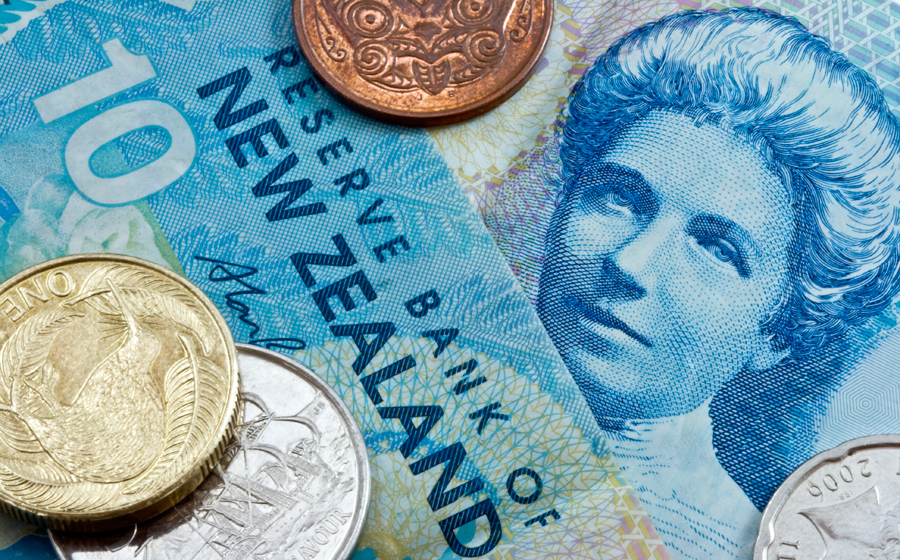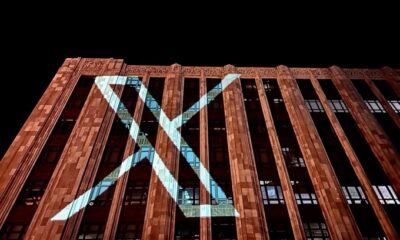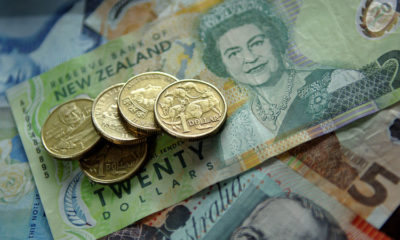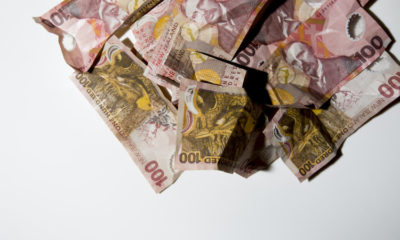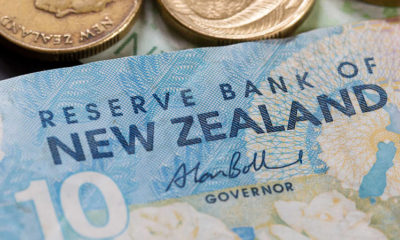The New Zealand’s economy grew at the same pace in the second quarter as the first quarter, but with stronger production.
Gross domestic product rose 0.9 percent in the second quarter, pushing annual growth to 3.6 percent, Statistics New Zealand reported on Thursday.
The increase in international demand for goods (dairy, meat and fruit) saw exports climb 4 percent, its biggest quarterly increase in two-decade.
While household spending surged by 1.9 percent, with Kiwis reportedly spending more on eating out, furnishing their houses and going away.
Construction grew 5 percent, with increases in all sub-industries. There’s also been an increase in investment in residential building and construction-related investment.
Service industries grew 0.7 percent. The main drivers were rental, hiring, real estate, retail and health care.
GDP per capita rose 0.5 percent in the June quarter, up from a 0.3 percent increase in March.
As for what this means for our hip pockets, ANZ chief economist Cameron Bagrie say any growth flows into the economy and eventually into wages.
“If we continue to see unemployment track down, wages will start to move up and people will start to get ahead.
“We’re seeing real wage growth at the moment of 1.5 percent, but I’m expecting that to grow to 2.5 percent over the next 24 months.”
Finance Minister Bill English says the annual results puts New Zealand in the top three in the OECD in terms of high growth rates.
It also puts the worth of New Zealand’s economy at $250 billion for the first time.
Mr English says the annual growth is more than double the OECD rate of 1.6 percent and compares with 3.3 percent in Australia, 2.2 percent in the UK and 1.2 percent in the US.
But international economist Ann Pettifor says New Zealand’s economy is “hugely imbalanced”.
Ms Pettifor, a UK-based economist and director of Prime: Policy Research in Macroeconomics, told Paul Henry central banks, including New Zealand’s Reserve Bank should be managing the way banks lend money.
“In Auckland, banks are lending crazy money on speculation – speculating that property prices will rise.
“It’s overvalued bricks and mortar and speculating that that price will continue rising forever and of course it won’t and when it starts falling then the debt has to be re-payed and the equity in the property falls.”
She says talk of New Zealand being a “rockstar economy” was “the kind of language we heard before the [Global Financial Crisis]”.
“But what’s interesting about New Zealand is that inequality rose in this country more than in any other developed country in the world between 1980 and the 2000s – that’s extraordinary.”
She says those levels of inequality lead to political instability which has led to the rise of the likes of Donald Trump and “fascists in Europe”.
Labour’s finance spokesperson Grant Robertson says everyday Kiwis won’t be feeling the benefits of GDP growth.
“The answer is because on a per person basis our economy is barely moving.
“We have seen enormous population growth in New Zealand in the last year and that generates economic activity. But what these numbers show is that we are not getting the increased economic value from that to mean real sustainable growth. This adds further to the need to review and adjust immigration policy to ensure it contributes to real growth.”
He says real disposable income per capita fell in the past quarter, meaning Kiwis “don’t feel they’re getting ahead”.
Mr Robertson says the economy is being kept afloat by population growth and an unsustainable housing bubble.

 Billionaire Watch3 weeks ago
Billionaire Watch3 weeks ago
 Startups4 weeks ago
Startups4 weeks ago
 News4 weeks ago
News4 weeks ago
 News4 weeks ago
News4 weeks ago
 Bitcoin4 weeks ago
Bitcoin4 weeks ago
 Naira4 weeks ago
Naira4 weeks ago
 Forex3 weeks ago
Forex3 weeks ago
 Treasury Bills4 weeks ago
Treasury Bills4 weeks ago
